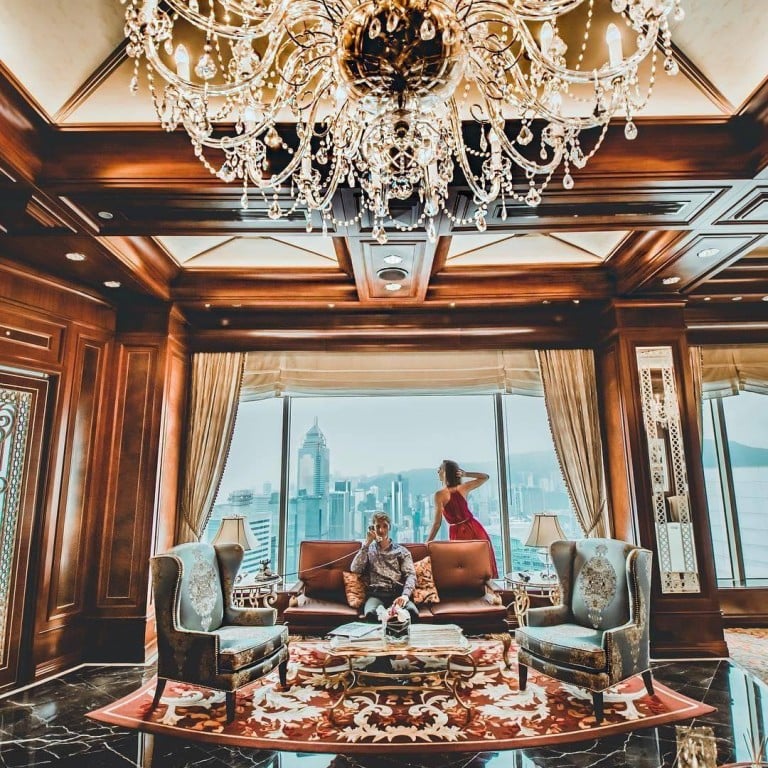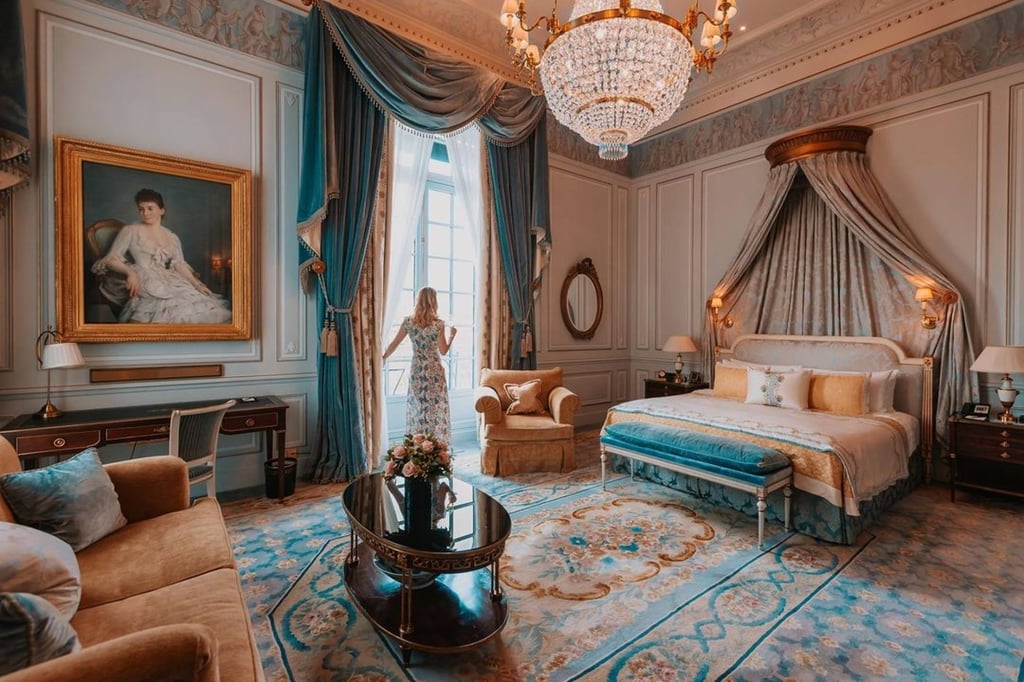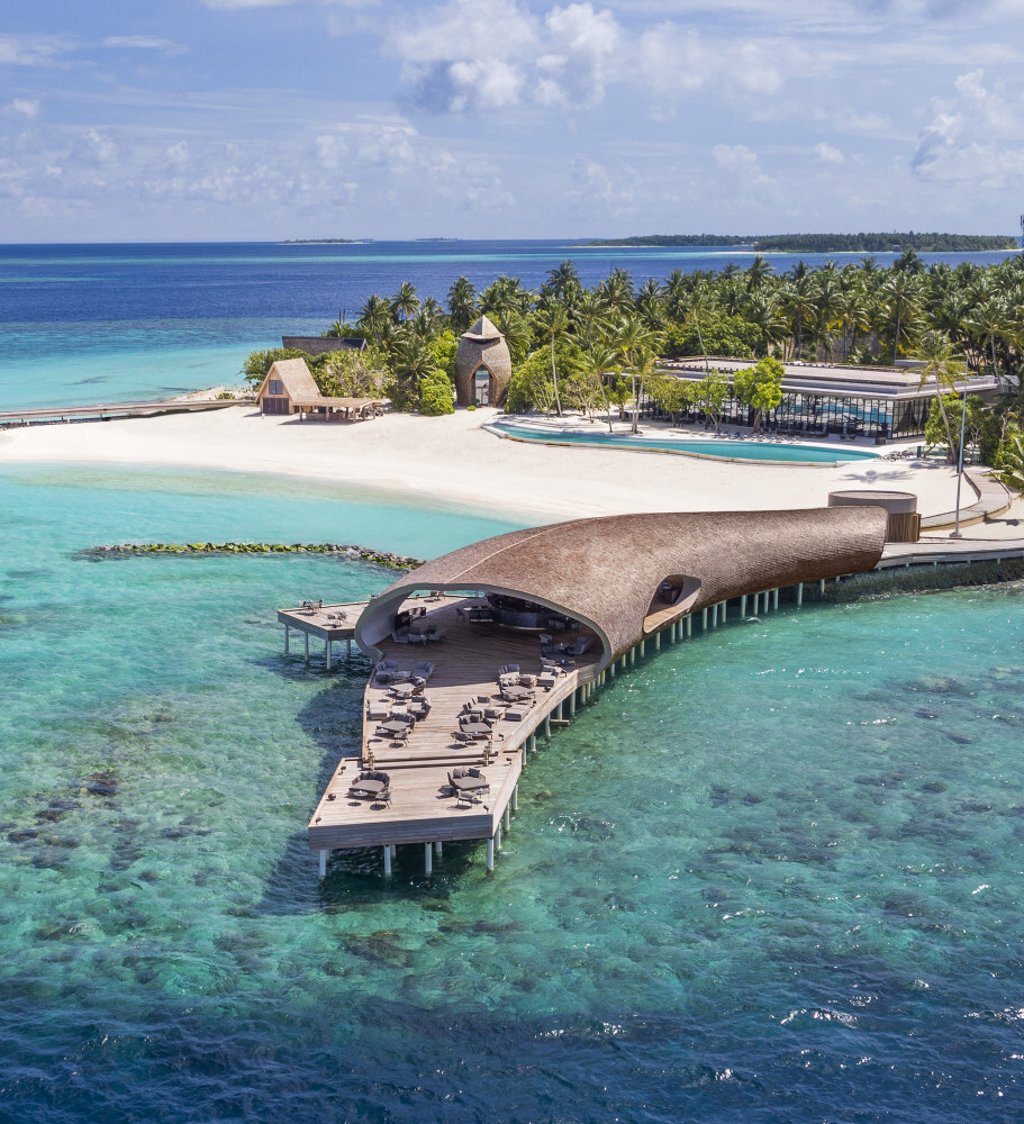Opinion / Dubai, Paris, the Maldives: for luxury hotels everywhere, memories matter more than the spa, choice of restaurants or size of the room

- Many hospitality brands have beautiful locations, huge rooms, efficient service and generous amenities, but still fail to create lasting memories for guests
- With no memory, no value is created, preventing a hotel from building up brand equity and attracting loyal guests willing to pay a premium for their experience
This article is part of STYLE’s Luxury Column.
In a recent masterclass for luxury hospitality, I tried an exercise. I asked the participants to name three hotels in any part of the world. Their first choice was in Dubai, the second in Paris, the third in the Maldives.

All three properties position themselves in the luxury space and all of them were priced above US$500 per night. I asked the group to open the three hotel websites and analyse the content and storytelling.
All had a brand video on their website. When we compared the messages, imagery and even social media, we found they told the exact same story. All promised their guests a paradise-like experience, all showed images of the location, hotel facade, check-in area, guestrooms, restaurant and bar area. We joked that they could have saved the money and simply asked one provider to do the websites for all of them to save money.

Don’t get me wrong. A beautiful location and great interiors – paradise, as many hotels call it – are critical preconditions for a hotel stay to be perceived as a luxury experience. But they are not enough. In luxury, great real estate is simply expected and “priced in”. A true luxury experience needs to go much further.
In a recent conversation with an expert who manages experiences for ultra-wealthy and celebrity clients, I asked him when his clients feel true luxury. His answer? “When they feel taken care of, treated as humans, not as celebrities.” The ability to make someone feel valued, taken seriously and offered experiences that feel extremely personal is what makes people feel special.